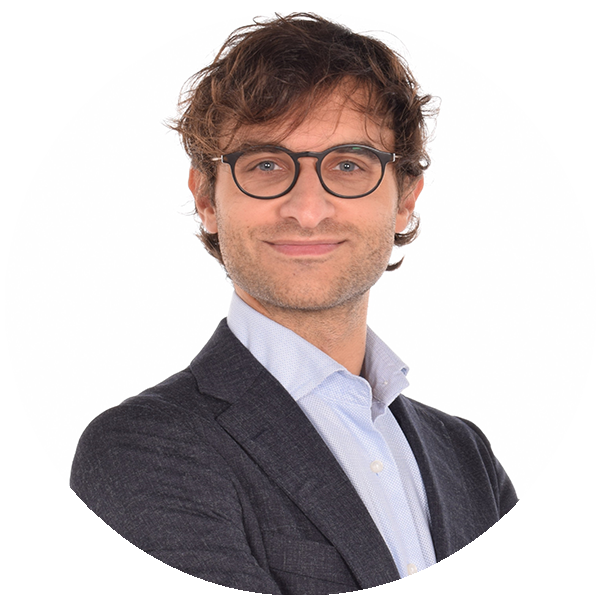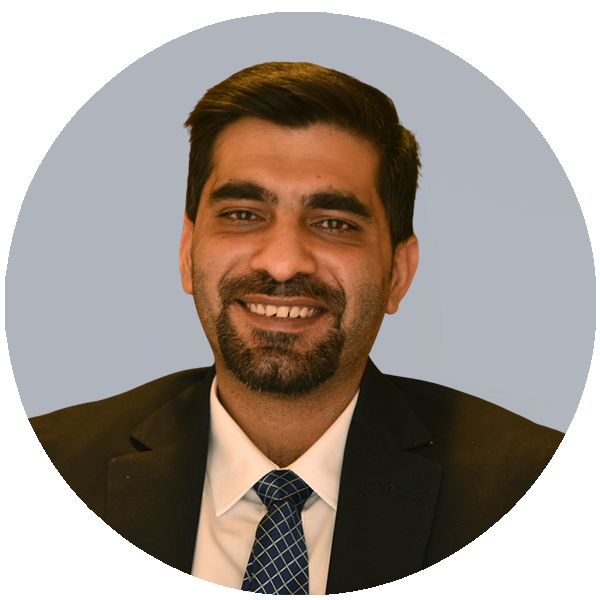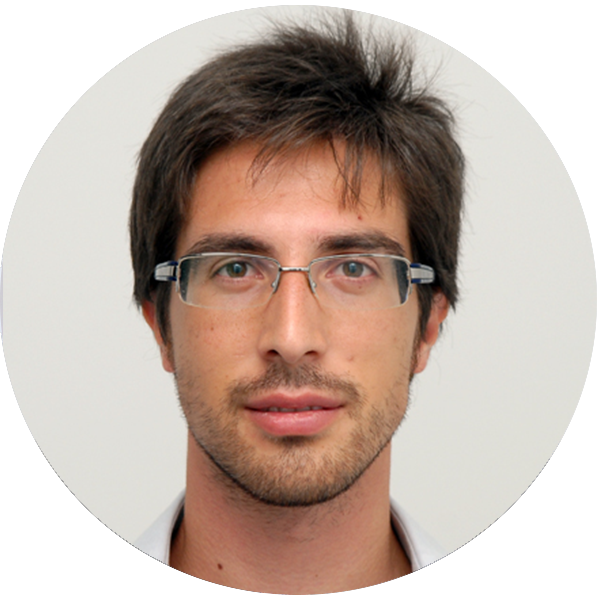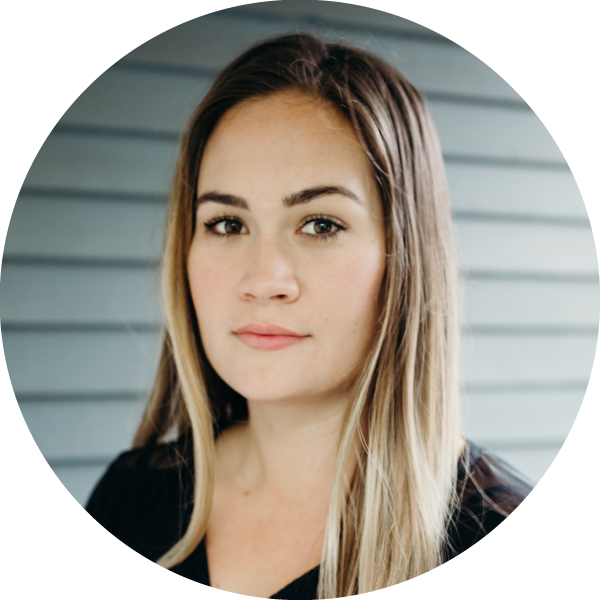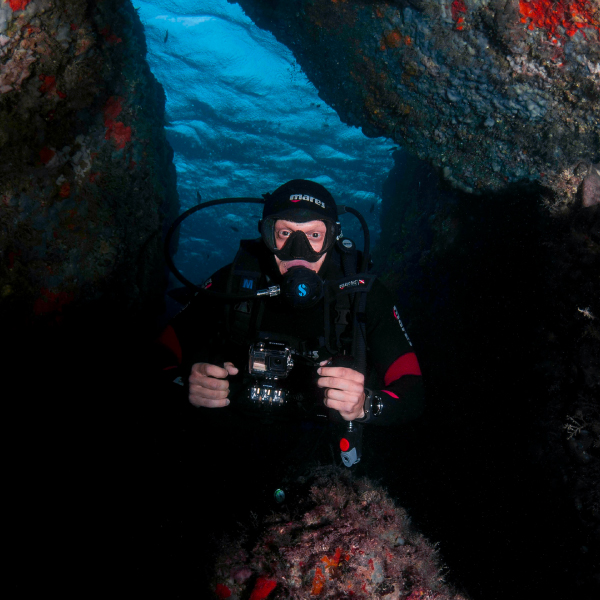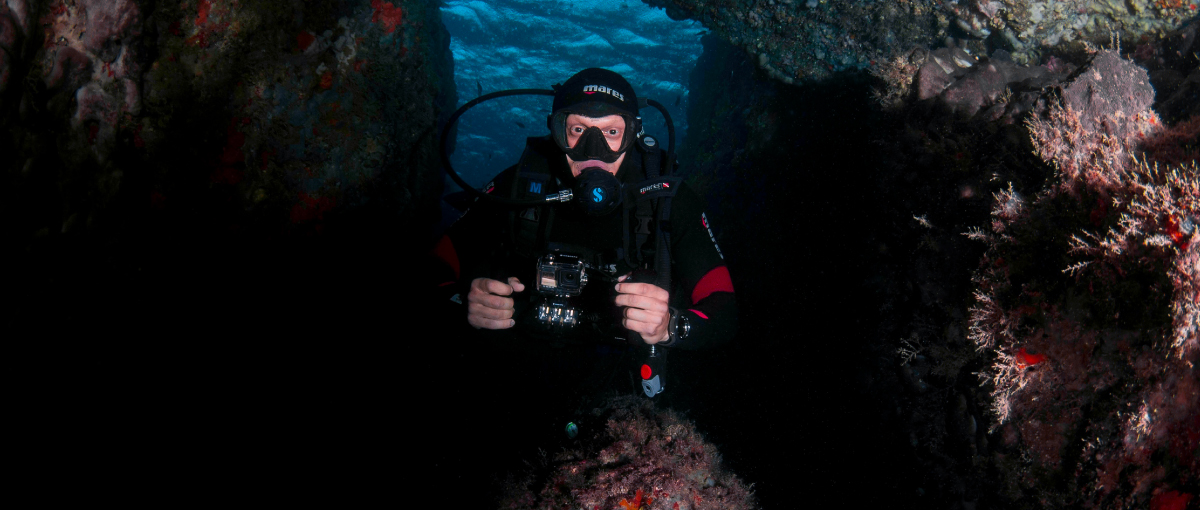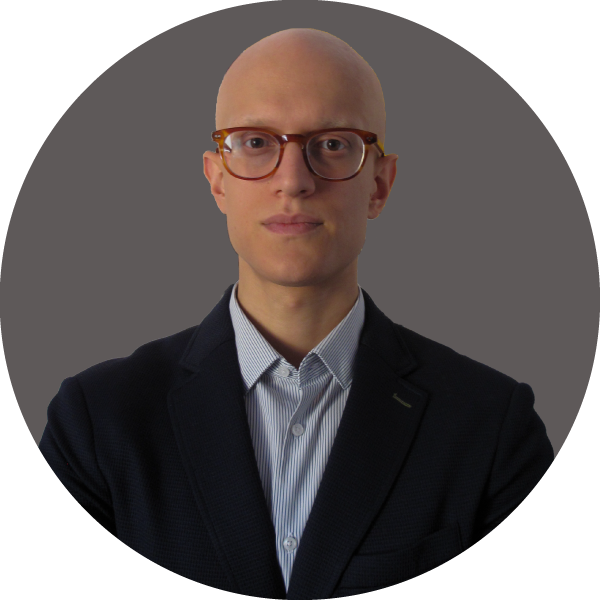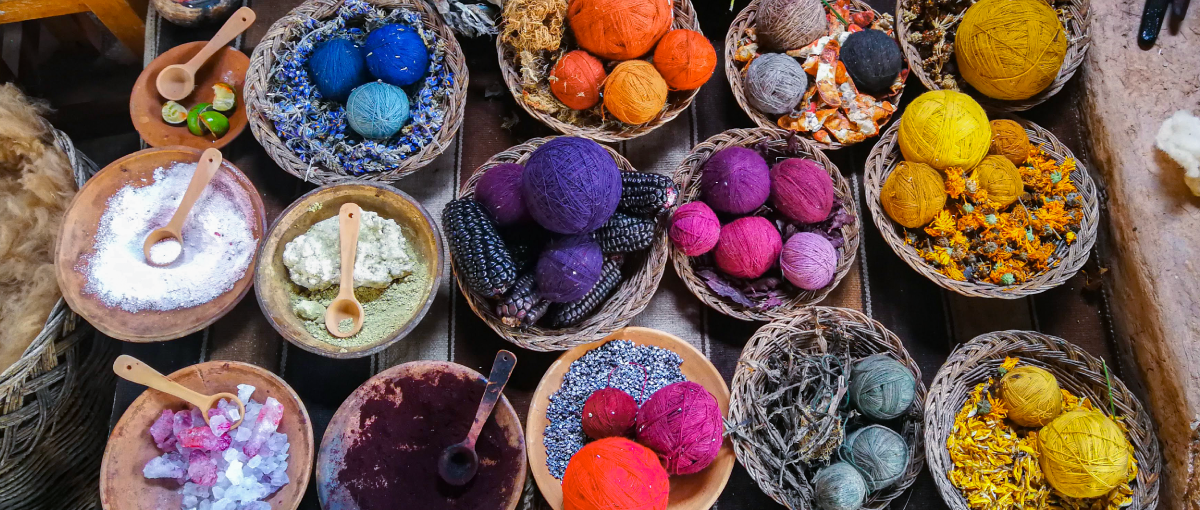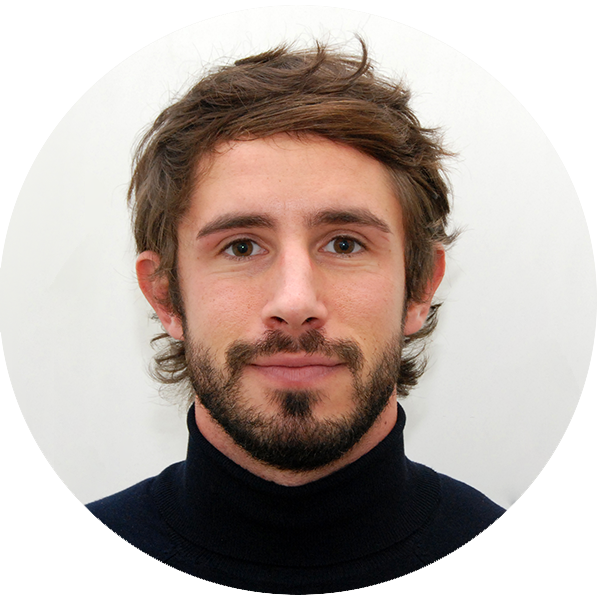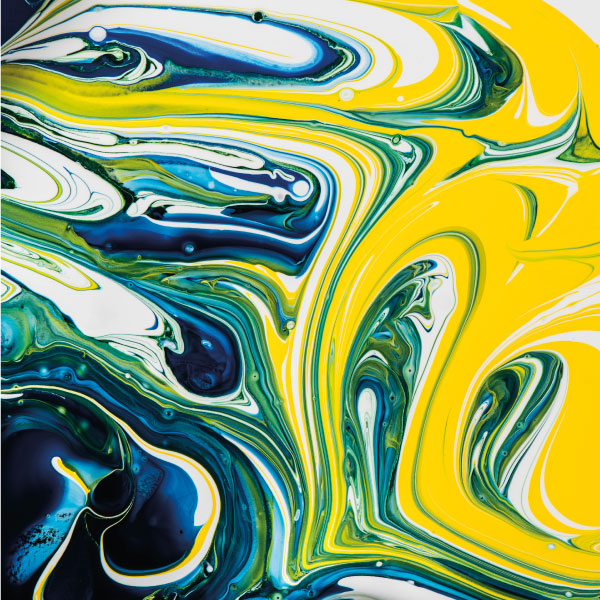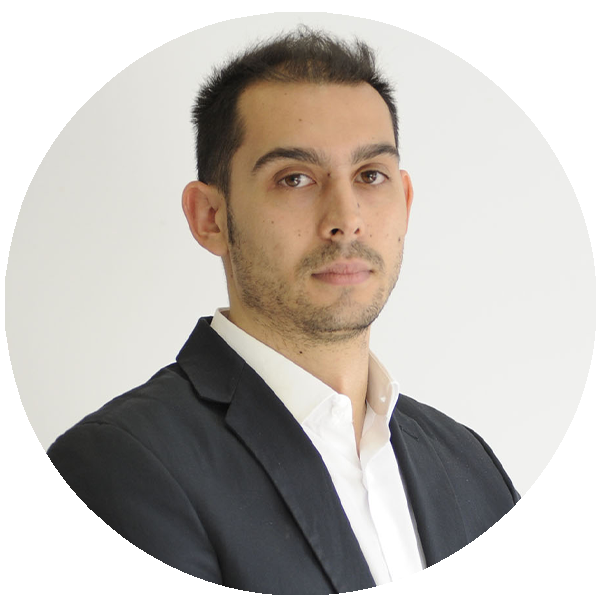
Varun Bohra, an alumnus of MIP’s International Full-Time MBA, has packed a lot into the few years since he left Milan, travelling around the world and working in several sectors of industry. Here, he recounts his time following graduation and his motivations, and gives some advice to those contemplating following in his footsteps.
You’ve done a lot in a relatively short space of time. Could you please give us a brief outline of where your MBA journey has taken you? What would you say is the motivating factor which leads to you taking decisions to make a major change ̶ changing countries, for example?
So, after finishing my MBA in 2015, it’s now 2021. I have changed two jobs and moved to three different countries in six years. After the MBA, I joined SanDisk Corporation in Malaysia in a greenfield plant to set up multiple processes and, based on my performance, I was promoted and moved to the headquarters in San Francisco.
After that, for personal reasons, I moved to India into the world of supply chain consulting. I am currently working at Accenture Strategy as a Manager in the Supply Chain and Operations division.
The key driver to move to different places was to learn professionally and culturally. At the same time, I wanted to see the world.
My mind was opened up to learning culturally during the MBA at MiP and it intrigued me to discover that there is a lot to learn from other cultures which also helps in professional life.
What do you think, if anything, has changed substantially in the business world since you graduated and what should an MBA candidate bear in mind in this regard?
From 2015 to current times the biggest change has come through COVID-19. It has shown that work does not require us to be sitting at a desk in an office. It can be executed from anywhere. Recently, I have taken a staycation and sat in the hills to work and relax.
Also, future MBA aspirants should focus on what kind of profile they like and focus on their personal life too. Also, since the times of covid, corporates have realized that employees do not only need good remuneration but also a work-life balance and flexibility in working. On top of that, especially right now since the arrival of covid, the world’s organizations are realizing the value of supply chain. So if anyone is interested in supply chain and operations, right now it’s a booming industry.
How would you evaluate your studies now in terms of the long-lasting benefits? What have you learned or gained during your MBA which you consider to be the most important aspect, either in professional or personal terms?
I’ll make one point on this subject: Organizational Behavior. I came from a background in engineering and manufacturing and I had always thought everything needed to be quantified. During the MBA, I thought supply chain, statistics and business strategy, etc, were important subjects, but after graduating and joining the corporate world at mid-senior level, I released that it is organizational behavior that helps a lot when working in a corporate environment.
Do you still use the network of contacts you made back in your MIP days? Do you manage to meet up in person as well?
Personally, I got to learn about so many cultures from my lovely classmates. Yes, I keep in touch with my classmates over social media and personally. I have not been able to meet them in person but would really love to see them again in the near future; maybe in 2025 we can all celebrate the 10-year anniversary of our MBA.



